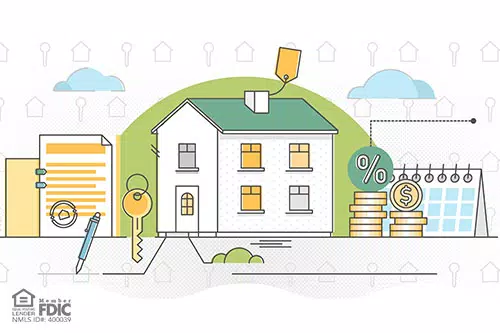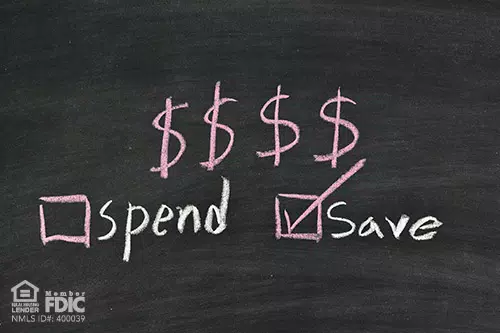A significant milestone in the loan process is when the underwriter approves your mortgage loan application. Now you know for sure that you have the financing to purchase your home. Even though this long, complicated process is complete, you aren't entirely done yet. There are a few more steps before you get the keys to your new home. Let's look at what comes next and what your role is after your home loan is approved.
Commitment Letter From Your Lender
Once your loan is approved, you will get a commitment letter from the lender. This document outlines the loan terms and your mortgage agreement. Your monthly costs and the annual percentage rate on your loan will be available for review.
Any conditions that must be met before closing will also be documented. Generally, these conditions will include such items as providing a copy of your homeowner's insurance policy and title insurance. Inspection and survey reports may be requested for submission as well. You will need to sign the letter before the specified time and return it to the lender.
Reviewing Your Closing Disclosure
About three days before the closing date, the lender will send you the Closing Disclosure. This document itemizes all of the closing costs that you will need to pay on the closing date. Compare this to your Loan Estimate. This is the document that you received when you applied for pre-approval.
Look for previously unexplained discrepancies between your Loan Estimate and your Closing Disclosure. It is your responsibility to review the Closing Disclosure before you move to your closing date. Let your lender know as soon as possible if you find a questionable charge. Your five-page Closing Disclosure will include the following information:
- The Terms of the Loan – Includes your loan amount, interest rate, the projected principal, and interest payments (monthly).
- Closing Costs – All the expenses that you will owe at closing.
- Loan Costs – Origination charges, appraisal fee, title search, and pest inspection.
- Other Costs – This could include taxes, fees, home warranty, and prepaid costs.
- Cash-to-Close Table – This table is meant to you what costs have changed from your Loan Estimate to close.
- Transaction Summary Table – Shows you the expenses which you are paying and what costs the seller is paying for the home purchase.
- Loan Calculations – This will breakdown your payments, finance charge, the amount you are financing, and other factors.
- Loan Disclosures – Applicable to your specific loan, such as whether you will have an escrow account to collect your property tax and homeowners insurance costs.
Make sure that you know how much cash you need to have on hand at the closing. This will include your covering your closing costs and your down payment. Ask your lender what method they prefer to receive this payment. You will likely need to get a certified check to bring to your closing date.
Your Closing Date
Your closing will generally take place at the escrow agent or title company's office. Some states may require that a lawyer be present during the transaction. You will sign paperwork that indicates that you accept the terms of the mortgage loan. The funds for the home purchase will be transferred once you have received and signed all of the paperwork.
The deed, which is proof of the ownership to your home, should be transferred to your name. The document should already be notarized and signed by the seller. A trustee generally holds the deed, although the property is transferred over to you. The title is held until you pay off your mortgage balance in full.
Generally, a specified time is set to move into your new home. That might be later in the day or a few days after your closing date. But the process is over, all the paperwork is signed, and the house is now yours.




